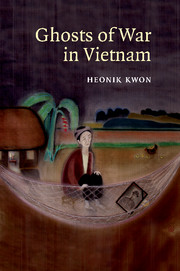Conclusion
Published online by Cambridge University Press: 05 June 2012
Summary
Hannah Arendt once said, when she was asked what her position was on the politics of left and right:
I really don't know and I've never known. And I suppose I never had any such position. You know the left think that I am conservative, and the conservatives sometimes think that I am left or I am a maverick or God knows what. And I must say that I couldn't care less. I don't think that the real questions of this century will get any kind of illumination by this kind of thing.
If there was one political thinker who radically rejected the terms of the cold war, according to Jeffrey Isaac, it was this author of The human condition, who believed in the power of human creativity to go beyond “a monologic politics that is incapable of projecting beyond the subject … a polarizing politics in which the Other becomes simply a projection of one's own obsessions and fears … epitomized by the mutual balance of terror and conformity.” For Arendt, politics is above all about difference and dissonance, the presence in the political arena of actors with alternative understandings and competing projects, the existence of “others from whom one cannot escape and with whom one must share the world,” and she believed that recognizing and respecting this otherness is central to genuine politics and free political life.
- Type
- Chapter
- Information
- Ghosts of War in Vietnam , pp. 156 - 166Publisher: Cambridge University PressPrint publication year: 2008



